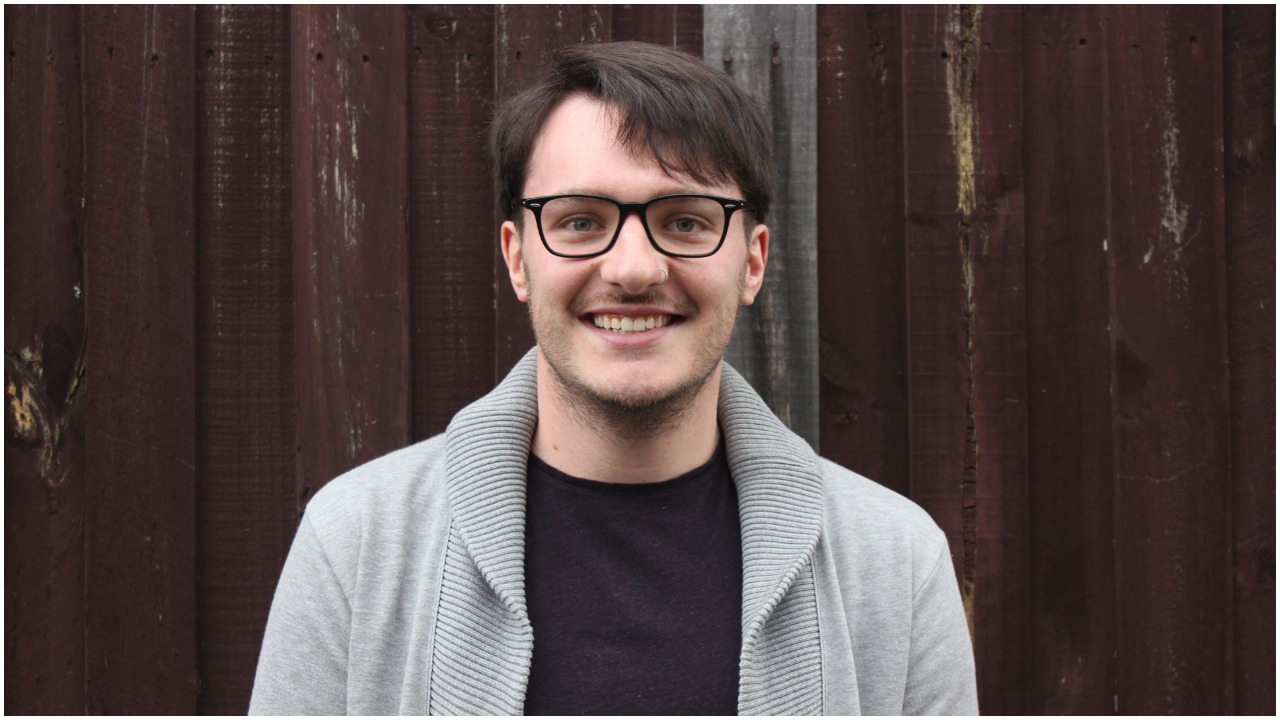TMN 30 Under 30: Meet your Media & Journalism winners

With the finalists, 30 victors and Reader’s Choice champ revealed, it’s time to meet the winners.
After getting to know the Artist Management winners on Monday, it’s time to take a look at the three TMN 30 Under 30 heroes from the Media & Journalism category.
Congratulations to Jack Ball from Southern Cross Austereo, Jules LeFevre from Junkee Media and Tyler Jenke from The Brag Media.
We asked each applicant to outline the biggest challenges facing the music industry and all 30 entries were unique and worth sharing. Responses were given prior to the outbreak of COVID-19.
This year’s TMN 30 Under 30 Awards are made possible thanks to six incredible sponsors, including APRA AMCOS, Eventbrite, MTV, Sony Music, Universal Music and Warner Music.
Jack Ball, Southern Cross Austereo

I originally had written; ‘being forgotten’. But that shifts the blame off ourselves. So I would say staying relevant is our biggest challenge.
We are at risk of being left in the 80s or 90s. The last true glory days of the Australian music industry. All sectors that make up the music industry are dealing with change. The majority of Australian artists are on unsustainable incomes. The live music scene is bleeding.
Radio stations are steering away from playing new music and in hand new Australian music. The number of ways a music fan can engage with music has grown so exponentially, the competition has just heated up to get your song heard.
Australia isn’t a huge country. But it has huge talent. Our new music scene has to be invested in, by all sectors. Otherwise, we’re going to question why venues are shutting down, artists are moving overseas, local artists don’t pursue their passion, festivals are cancelled, big streaming platforms only feed us big international songs. And not to avoid one of the elephants in the room, radio needs to go above and beyond the quotas set in 1990.
If we talk radio further, CHR doesn’t have a responsibility to brand new Australian music. Not all music is right for radio play. But the stations (mostly Community radio) who are specifically supporting the new Australian music scene need to be supported more and funded better to help the development of our local artists.
It’s not hard in theory, it just takes a lot of work from a lot of people. Invest in Australian music, invest in new Australian music, and instead of getting angry as the tide changes, let’s adapt with it and take a once healthy music scene back to its future glory days.
Jules LeFevre, Junkee Media

I think the challenge for any publication is to not only keep up with but actually predict, what our audience is going to care about and what they’re going to engage with.
The “old way” of pumping out album reviews, single announces, and tour announces does not resonate with audiences anymore. We need to be nimble and need to re-evaluate our priorities and respond to what our audience is clicking on. That remains our biggest challenge.
More broadly, I think the music industry needs to reckon with #MeToo – we haven’t even begun to see a shift in our industry at home, compared to what has happened overseas. There are a number of stories out there that need to be told, and we need to be able to report on them without risking being sued into the ground.
And, as always, the music industry in Australia needs to be more diverse, more inclusive – it needs to actually reflect the country. It has been too white, and too male, and too straight, for too long.
Tyler Jenke, The Brag Media

On an artistic level, I feel as though it is often far too difficult for artists to get their music heard in a way that allows them to stand out from the crowd. While music discovery services and platforms exist, these artists often find themselves in a position where they’re unable to stand out from the crowd and craft their own unique identity.
Likewise, there is still a lot to be done in terms of diversity within the Australian music industry. It needs to reach a point where the inclusion of artists who are anything but straight white males is seen as normal and not an outlier.
Progress is being made, though, and platforms that support female, non-binary, transgender, Indigenous, or POC artists are a great asset to the community. However, the music-loving public needs to get on board too in order to help turn this inclusion of artists who fall into these categories as the new normal for the Australian live scene.
From an industry point of view, I feel there is a constant risk of burn-out amongst artists and professionals, with a constant need to impress (coupled with an ever-present feeling of imposter syndrome) weighing heavily on the mental health of many. Thankfully, organisations such as Support Act offer much-needed support, though I feel there is much to still be done to address this.






























